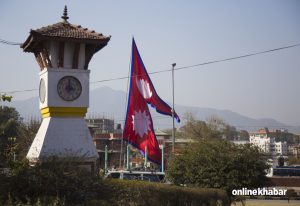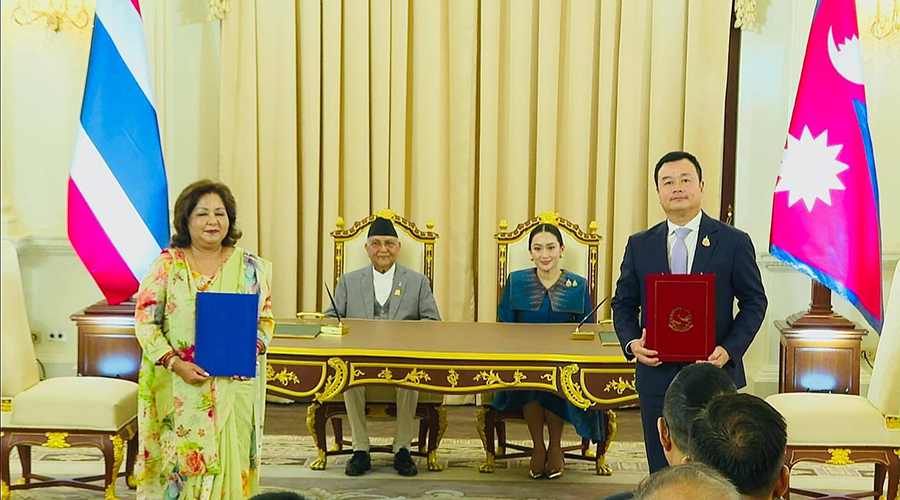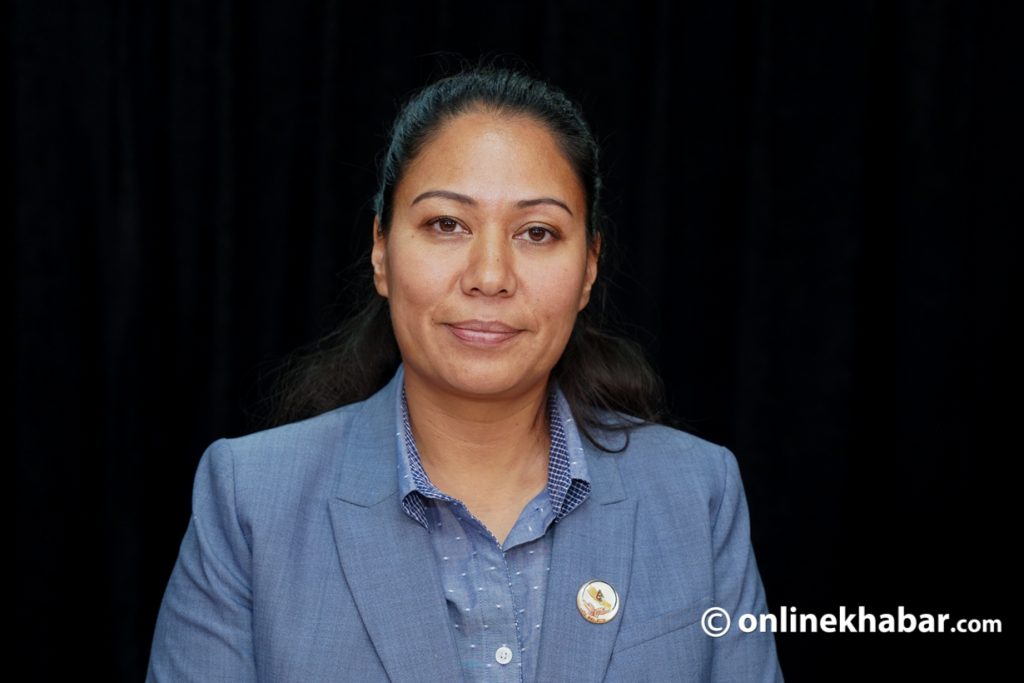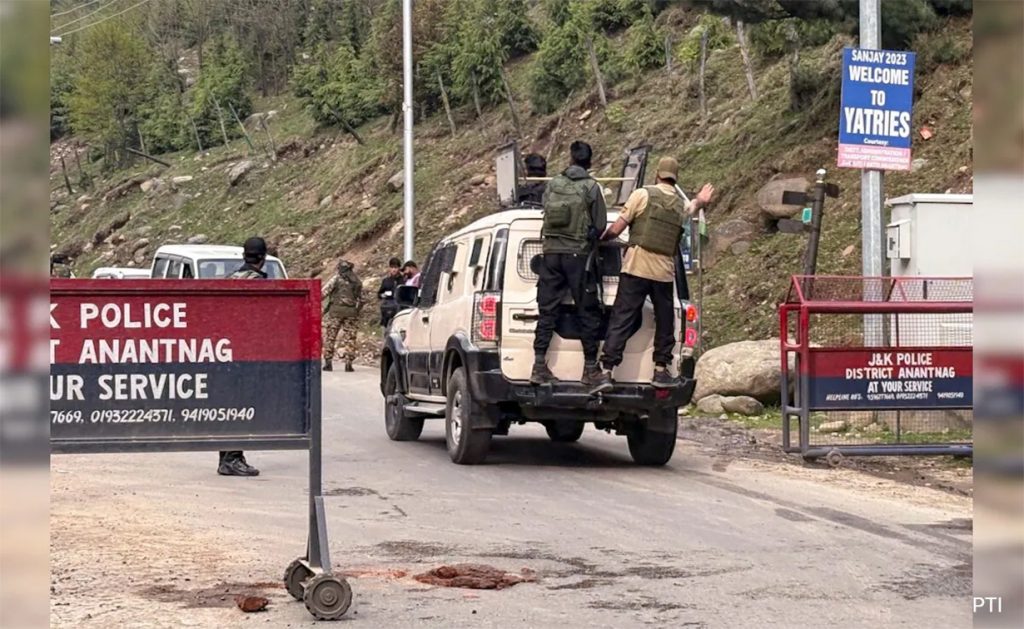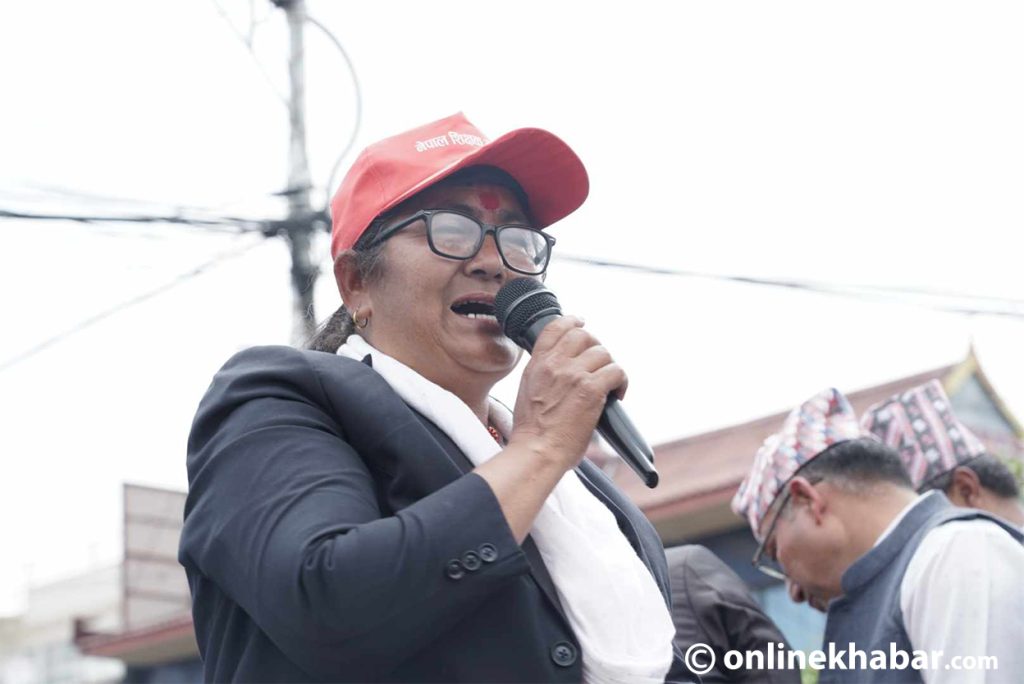
Everybody knows health is wealth. But, how many of you think even once about the food you are eating outside your homes? Have you ever thought about who checks the quality of food you eat be it the food served at various eateries, meat at butcher’s shops, vegetables at the vegetable markets and more?
The answer relies on a food inspector.
Recently, in a municipal executive meeting of the Kathmandu metropolitan city, Mayor Balen Shah proposed the policy of appointing food inspectors, making every consumer curious about it.
So, here we discuss the role of a food inspector, who can become one and how they work.
Current scenario
It is not clearly known from where Mayor Shah got the idea of mobilising food inspectors as food quality was not much discussed in the city, at least not as aggressively as other issues such as waste management and parking, major priorities of Shah of late.
Yet, it is obvious that there is no regular monitoring and testing of the quality of daily consumable food items such as meat, vegetables, milk, and dairy products. Consumers have also turned a blind eye to these things.
Hopefully, during the tenure of Mayor Shah, food inspectors who graduated in food technology will be hired to ensure the quality of food in the market.
Food technology and food technologists

According to Prof Dhan Bahadur Karki, who teaches methods of making quality food products from grain production, food technology is a food science that studies and researches food scientifically.
He says, “It teaches things such as when to plant food crops, when to weed them, how to store crops, what products to produce after processing, how to cook the products and how to eat them.”
Also, food technology seeks answers to these questions: How is the quality of the food? Has the consumer’s health been compromised? Are there any essential elements required for food production?
Karki says food technologists also have the task of monitoring and researching how food is produced. Those who get degrees in food technology aspire to become food technologists and they are the ones hired by concerned government bodies to become food inspectors.
The Department of Food Technology and Quality Control is responsible for food quality control of hotels and restaurants. But, the department is checking the quality only once a year or at the launch of the hotel business or at the time of its renovation. Karki says other unregistered small eateries are never judged.
“The food quality is tested in big five-star hotels. But, small eateries where middle-class and low-income people go and eat are not being monitored. It should be the government’s priority,” he says.
Role of food inspectors

The work of food technologists or food inspectors is to investigate and monitor the entire process from planting food to the time it reaches the plate.
Moreover, food inspectors are also getting jobs in the industrial sector in Nepal. There is a great need for people who test the quality of food in Nepal. Karki says that various municipalities are also employing food technologists as food inspectors. That is why the interest of students in this subject is increasing.
Food technology is taught in 11 colleges across Nepal. Annually, these colleges produce 300 human resources in this field. Those who studied food technology earlier are now involved in various food production companies.
These days, food technologists are also getting jobs in the hotel business. This subject is one of the best subjects if one opts for higher studies aboard. But, in Nepal, its scope is still limited due to a lack of awareness of food quality evaluation.
Meanwhile, Prof Dr Karki adds, “As the government does not pay attention to the quality of food, we Nepalis are forced to eat food whatever is available at the market without being aware of the food’s quality. “
Explaining the knowledge these students pose after graduating, Prof Dr Karki adds, “Students who have studied this subject have a deep understanding of food, the importance of food, nutrition from it, physical and mental problems caused by lack of nutrition, the chemical composition of food, processing, storage, food hygiene, quality control of food and laws related to the quality of food.”
This story was translated from the original Nepali version and edited for clarity and length.







